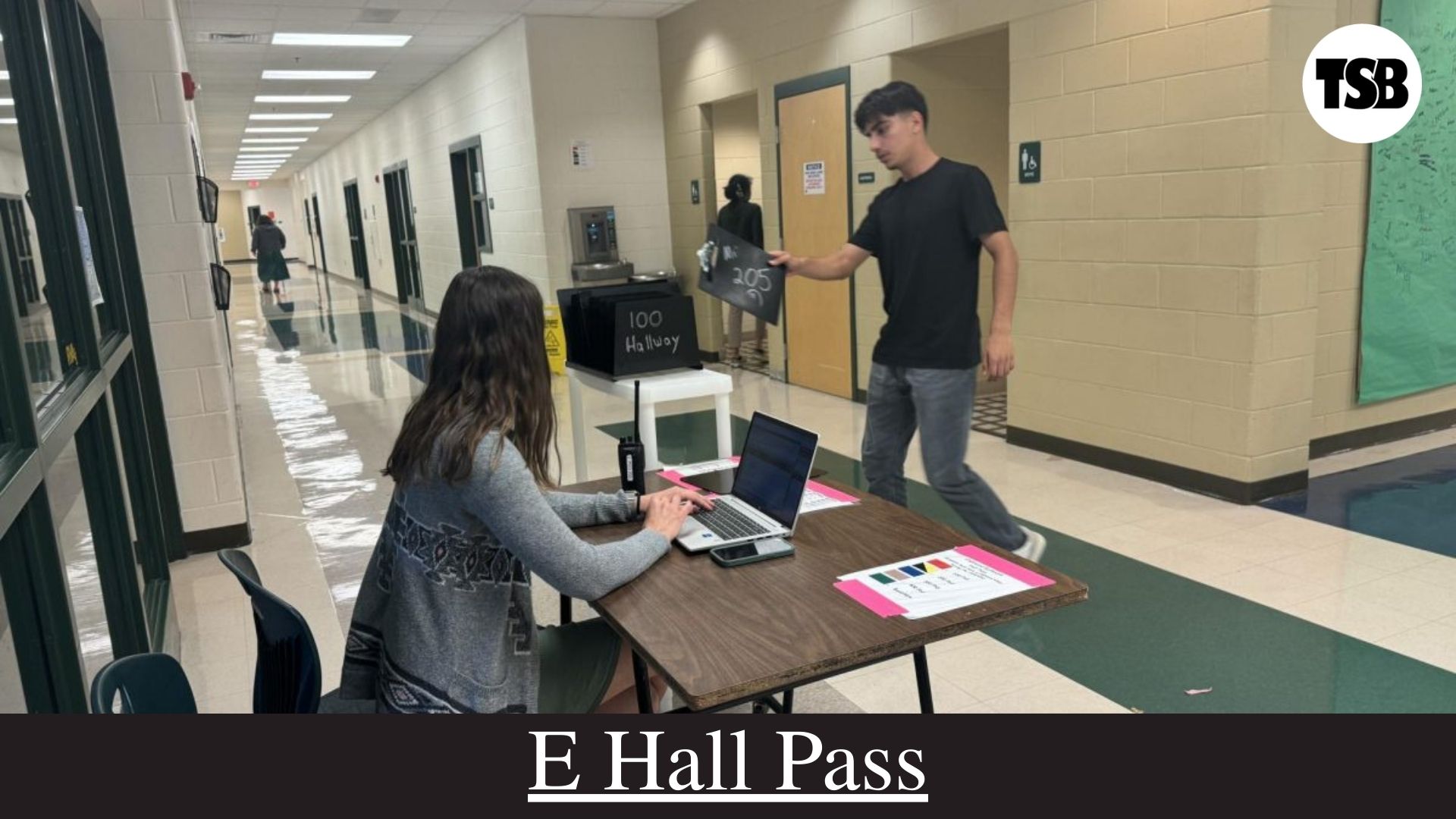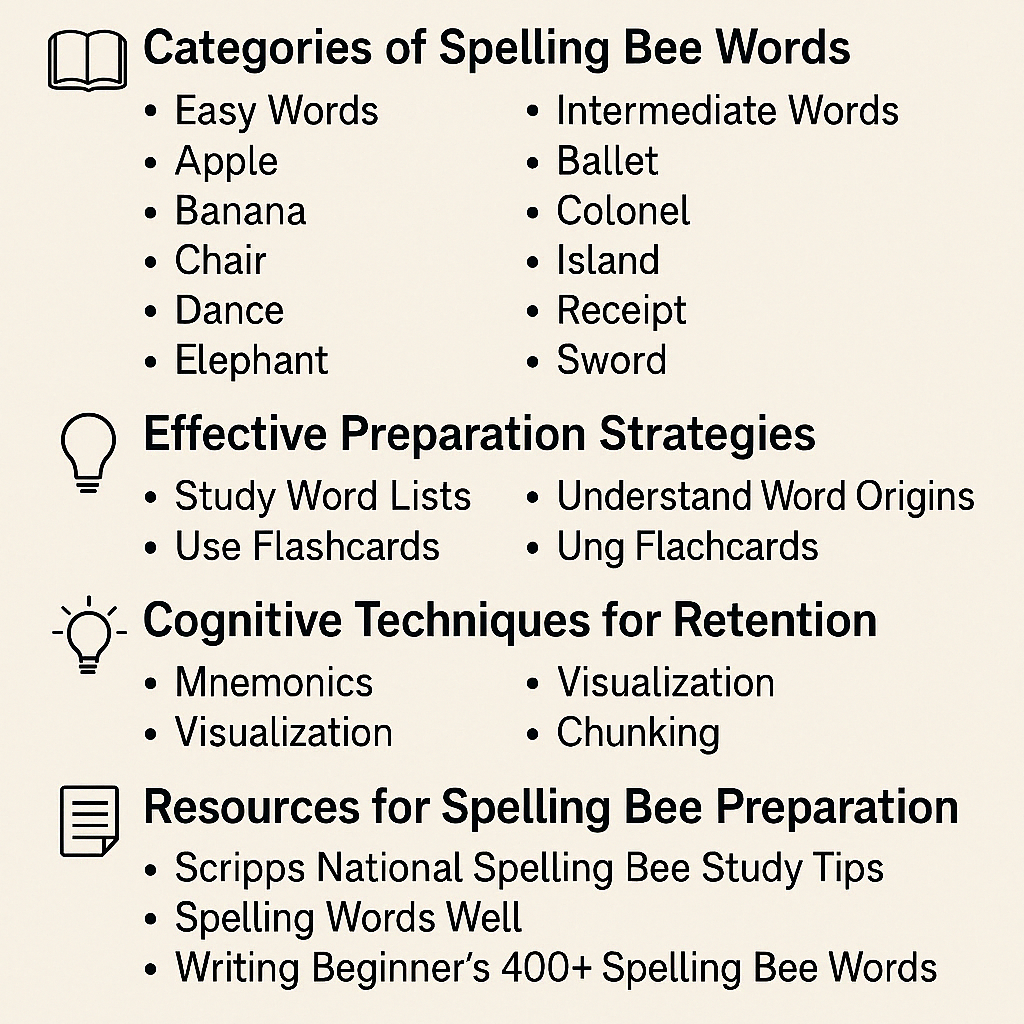E Hall Pass: The Ultimate Guide to the Digital Hall Pass Revolution in Schools

Introduction
In an era where education is becoming increasingly digitized, schools are moving away from outdated systems and embracing smarter, tech-driven solutions. One such innovation making waves in schools across the United States is the E Hall Pass — a cloud-based, real-time digital pass system designed to replace traditional paper hall passes.
Whether you’re a teacher tired of chasing down students who disappear for too long, a parent curious about how schools track your child’s movement, or an administrator looking to increase security and reduce hallway traffic, the E Hall Pass is a game-changer. With features like live tracking, detailed reporting, time-stamped logs, and restricted pairing, this tool offers a modern, secure, and efficient approach to hallway management.
What is E Hall Pass?

E Hall Pass is a cloud-based digital tool designed to modernize the traditional hall pass system used in schools. Developed as an educational technology (EdTech) innovation, E Hall Pass allows teachers to manage, monitor, and record student movement in and out of classrooms—electronically and in real-time.
Instead of using a paper or verbal pass, students request to leave class via a digital dashboard, and teachers approve or deny the request through the system.
History and Background of E Hall Pass
E Hall Pass was launched in the late 2010s, during a time of growing interest in digitizing classroom administration tasks. The platform emerged as part of a broader movement toward tech-driven student accountability and behavior management.
Originally conceived as a pilot project in select school districts, E Hall Pass quickly gained attention for its ability to:
- Reduce hallway congestion
- Prevent students from meeting up to cause trouble
- Improve safety protocols
The early adoption by forward-thinking educators helped it spread rapidly across the U.S. and later internationally.
E Hall Pass: Founders and Biography
Who Created E Hall Pass?
E Hall Pass was developed by Eduspire Solutions, an educational software company based in Pennsylvania, USA. The company was co-founded by Brandon Lutz, a former educator and technology coach with a strong background in K-12 instructional technology.
About Brandon Lutz
- Full Name: Brandon Lutz
- Profession: Educational Technologist and Entrepreneur
- Education: B.S. in Education; Master’s in Instructional Technology
- Background: Over 15 years in K-12 education before founding Eduspire
- Vision: To bridge the gap between traditional teaching tools and modern technology through meaningful digital solutions
Brandon’s experience in the classroom shaped his understanding of how administrative inefficiencies could affect both teaching and student outcomes. His insights led to the creation of tools like FlexTime Manager and E Hall Pass.
How E Hall Pass Works

The system is web-based and works across devices like desktops, laptops, tablets, and even mobile phones (if permitted by the school). Here’s how the E Hall Pass system functions:
- Student Login: Students log into the dashboard via Chromebook or school computer.
- Request Creation: A student selects the type of pass they need (bathroom, nurse, water fountain, counselor, etc.).
- Teacher Approval: The teacher gets a notification and approves or denies the request.
- Time Tracking: Once approved, a timer starts tracking how long the student is out of class.
- Return and Logging: Upon returning, the teacher ends the pass, and the data is logged into the system.
The system integrates with student rosters and school schedules, ensuring seamless data syncing and real-time usage monitoring.
Key Features of E Hall Pass
- Live Dashboard Monitoring
- Customizable Pass Types
- Student Group Restrictions (e.g., block certain students from meeting up)
- Time Limits and Automatic Expiry
- Location-Based Passes
- Hallway Activity Heatmaps
- Analytics and Reports for Admins
- Teacher and Admin Notifications
- Mobile Device Compatibility
Benefits for Schools and Administrators
E Hall Pass is popular among school administrators for several reasons:
- Enhanced Safety: Prevents hallway meetups that could lead to fights, vaping, or other inappropriate behaviors.
- Data-Driven Discipline: Administrators get detailed reports about student activity and patterns.
- Improved Instructional Time: Reduces time wasted tracking physical hall passes.
- Accountability: Students are less likely to abuse hall privileges.
- COVID-19 Management: Helped during the pandemic to maintain social distancing in hallways.
Controversies and Privacy Concerns
As with any school surveillance or tracking software, E Hall Pass has faced scrutiny:
Student Concerns:
- “We feel like we’re being watched 24/7.”
- “It’s like a digital leash.”
Parent Concerns:
- “Is this an invasion of privacy?”
- “What data is being collected on my child?”
Legal/Ethical Issues:
- FERPA Compliance: E Hall Pass claims full compliance with the Family Educational Rights and Privacy Act.
- Data Storage: All data is encrypted and stored securely on cloud servers.
Despite these assurances, organizations advocating for student rights remain skeptical.
Comparison with Traditional Hall Passes
| Feature | Traditional Hall Pass | E Hall Pass |
|---|---|---|
| Trackable | No tracking — manual and unmonitored | Real-time digital tracking of student movements |
| Time-stamped | Teachers may forget to note times | Automatic time logging on check-out and return |
| Data Reports | No digital records available | Detailed reports and usage analytics for admins |
| Restricted Pairing | No way to block students from meeting in halls | Can restrict certain students from being out together |
| Real-Time Monitoring | Impossible to monitor live student locations | Live dashboard shows who is out, where, and for how long |
| Paperless | Requires physical passes, easily lost or misused | Fully digital, no paper needed |
| Environmentally Friendly | Uses paper, not sustainable | 100% paperless, eco-conscious |
| Customizable Pass Types | Limited to what’s written manually | Fully customizable (nurse, bathroom, counselor, etc.) |
| Alerts & Notifications | No real-time alerts | Sends alerts to teachers/admins on student movement |
| Hallway Analytics | No data on hallway congestion or traffic patterns | Heatmaps show hallway traffic for security planning |
| Accountability | Easy to fake or misuse passes | Increases student accountability |
| Teacher/Admin Oversight | Limited visibility | Full administrative control and visibility |
| Integrates with School Systems | Not integrable with SIS or LMS | Syncs with student info systems (e.g., PowerSchool) |
| Automatic Expiry | No automatic return enforcement | Passes can expire after set duration |
| Privacy & Security | No protection—anyone can see a paper pass | FERPA-compliant, encrypted, and role-restricted |
E Hall Pass vs Other Digital Systems
Other systems include SmartPass, FlexTime Manager, and ClassDojo (to some extent). However, E Hall Pass stands out because it offers:
- More granular student controls
- Advanced behavioral analytics
- Better administrative oversight
- Seamless scheduling integration
School Districts Using E Hall Pass
Over 500+ school districts in the United States use E Hall Pass, including:
- Fairfax County Public Schools (VA)
- Clark County School District (NV)
- Houston Independent School District (TX)
- Miami-Dade County Public Schools (FL)
The system has also made its way into private and charter schools due to its robust customization options.
Student and Teacher Reactions
Student Opinions:
- Some students say it feels like “big brother is watching.”
- Others appreciate the structure it brings.
Teacher Reviews:
- Teachers love the automation.
- They find it reduces classroom interruptions.
- Some express concern over tech glitches.
Is E Hall Pass a Surveillance Tool?
Technically, yes—but with context. E Hall Pass is a behavioral tracking and accountability system, not a spy tool. It tracks movement during school hours and only within the school ecosystem. Its primary aim is safety, not spying.
Data Security and Compliance
E Hall Pass takes data protection seriously:
- FERPA-Compliant
- Data Encryption (AES-256)
- No Student Data Sold
- Role-Based Access Control
- Third-Party Security Audits
Schools can also request data deletion or export student records in accordance with local laws.
E Hall Pass Pricing and Subscription Models
The pricing model for E Hall Pass is quote-based and depends on:
- Number of students
- Customization needs
- Integration with school systems (e.g., PowerSchool, Skyward)
- Support and training options
Estimated Annual Cost Range:
- Small Schools (under 500 students): ~$1,000–$3,000/year
- Large Districts: $10,000+/year
Free demos are available for school administrators.
Frequently Asked Questions (FAQs)
Q1: Is E Hall Pass mandatory in schools?
No, adoption is determined at the district or individual school level.
Q2: Can students manipulate the system?
Manipulation is difficult due to real-time logs and teacher oversight, though like any system, misuse can occur.
Q3: Can E Hall Pass track students outside of school?
No. It only functions within the school’s network and during school hours.
Q4: How long is student data stored?
Data retention policies vary, but schools typically retain it for 1–3 years for auditing purposes.
Q5: Does E Hall Pass work with Chromebooks?
Yes, it is fully optimized for Chromebook environments, which are common in K-12 schools.
Q6: Can parents see their child’s hallway activity?
Some school configurations allow for parental insights via school portals.
Final Thoughts

E Hall Pass is more than just a digital replacement for a laminated bathroom pass—it’s a full-fledged school management and behavioral analytics platform. Loved by many administrators and controversial to some students, it reflects the ongoing tension between efficiency, safety, and privacy in education.
As schools continue to embrace digital transformation, platforms like E Hall Pass are becoming a standard rather than an exception. Whether you’re an educator looking for control, a parent concerned about privacy, or a student caught in the middle—this tool is shaping the future of K-12 education.








